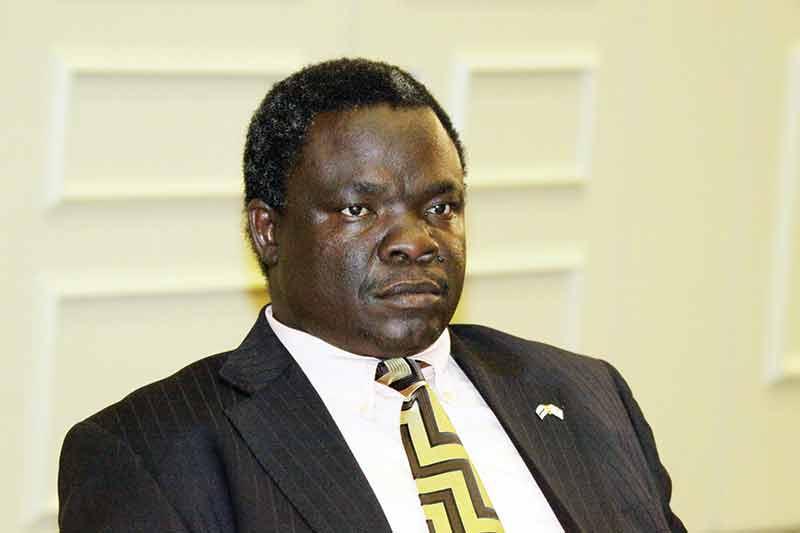Africa-Press – Botswana. Abandoned open borrow pits, particularly in Charleshill District, are a cause of concern, says Kgosi Mbao Kahiko III of Charleshill.
Kgosi Kahiko III raised this concern when making an input at National Land Restoration Strategy stakeholders’ consultation workshop hosted by department of Forestry and Range Resources in collaboration with Food and Agricultural Organization (FAO) of the United Nations at Ghanzi recently
He said abandoned open borrow pits by contractors, were a death trap for livestock and wild animals during rainy seasons and posed threat to the community.
He blamed lack of enforcement of available laws compelling contractors to rehabilitate borrow pits upon completion of work.
On other issues, the traditional leader said invasive species such asprosopis mesquite commonly referred to as Sexanana was proving to be a nuisance and needed to be eradicated.
His sentiments were also shared by Charleshill council secretary, Mr Samuel Aaron and Kgosi Annah Rankho of Ghanzi who both concurred that Sexanana needed to be eradicated.
In her remarks, Kgosi Rankho spoke about prevention of desertification saying the earlier the better.
She appealed to farmers to be part and parcel of a solution to curb land degradation, adding that mindset change would help the situation.
Reacting to concerns about Sexanana, official from FAO, Mr Lesika Basalumi conceded that Sexanana, which was introduced to Ghanzi and Kgalagadi region to stabilise sand dunes needed to be eradicated.
He said although it was introduced for a good purpose, it was now turning into a nuisance.
Previously, Basalumi had appealed to the community to have an input towards restoration of the ecosystem to tackle biodiversity and climate crises which affected food production, thus threatening food security.
He said biodiversity loss affected agricultural productivity, unsustainable use of natural resources and wildfires leading to the collapse of ecosystem
Mr Basaluni argued that embracing climate smart agriculture would help combat food insecurity amid climate change.
He said time was now to implement measures that would slow down desertification adding that overstocking should be a thing of the past to stop overgrazing.
Another official from FAO, Professor Joyce Lepetu argued that ditching unsustainable use of the environment and switching to green technology helped in ecosystem restoration.
She said the cost of restoring land today would be cheaper than procrastinating.
“We need to reflect as we adapt new technology and put in place bold strategies to save the biodiversity,” she said
Professor Lepetu called for confrontation of overstocking and commercialisation of natural resources.
She said commercialisation of natural resources should be done in a sustainable manner.
“We need to reflect on how we commercialise our natural resources,” she said.
For More News And Analysis About Botswana Follow Africa-Press






